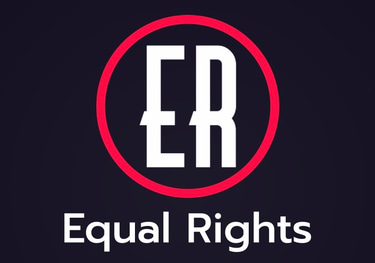Delving Deeper into Ethical & Practical Considerations of Mandatory Voting
Kylo B
5/4/2024
Delving Deeper into Ethical & Practical Considerations of Mandatory Voting
The debate surrounding mandatory voting extends beyond its immediate implications, touching on profound ethical and practical questions about the nature of democracy, individual rights, and civic engagement.
This article explores in-depth the ethical and practical considerations raised by the mandate of compulsory voting, examining the delicate balance between rights and responsibilities, the effectiveness of compelled participation, and the fundamental democratic values at stake.
Balancing Rights & Responsibilities
The concept of mandatory voting raises fundamental questions about the relationship between individual rights and societal responsibilities within a democratic framework:
Democratic Citizenship: Supporters of mandatory voting argue that voting is not only a right but also a civic duty essential for the functioning of a democratic society, balancing individual rights with the collective responsibility to participate in governance.
Voluntary vs. Compelled Participation: Critics question whether compulsory voting aligns with the principles of individual autonomy and freedom of choice, raising concerns about coercive measures that may infringe upon personal liberties.
Ethical Implications: The ethical dilemma of balancing rights and responsibilities underscores broader discussions about the social contract, citizenship obligations, and the moral foundations of democratic governance.
Effectiveness of Compelled Participation
One of the central questions surrounding mandatory voting is its effectiveness in addressing the root causes of low voter turnout and political disengagement:
Surface vs. Substantive Solutions: Critics argue that mandatory voting may provide a superficial solution to low voter turnout without addressing underlying issues such as political alienation, lack of trust in institutions, or systemic barriers to participation.
Civic Engagement vs. Coerced Compliance: Proponents of mandatory voting assert that compelled participation can foster civic engagement and political awareness, encouraging citizens to take an active role in shaping their communities.
Empirical Evidence: Empirical studies on the impact of mandatory voting vary, with some suggesting positive effects on voter turnout and others highlighting complexities in measuring its long-term effectiveness.
Democratic Values
The debate over mandatory voting raises critical questions about the values and principles that underpin democratic governance:
Representation & Legitimacy: Proponents argue that higher voter turnout enhances the representativeness and legitimacy of elected governments, reflecting broader societal preferences and interests.
Coercion vs. Autonomy: Critics caution against the potential coercive nature of mandatory voting laws, emphasizing the importance of safeguarding individual autonomy and freedom of choice in democratic societies.
Inclusivity & Participation: Supporters of mandatory voting prioritize inclusivity and collective participation, asserting that democratic values of equality and representation outweigh concerns about coercion and individual autonomy.
The ethical and practical considerations surrounding mandatory voting are complex and multifaceted, touching on issues of rights, responsibilities, effectiveness, and democratic values.
While proponents argue that compulsory voting promotes civic engagement and enhances democratic legitimacy, critics raise concerns about coercion, individual autonomy, and the efficacy of mandated participation.
By engaging in thoughtful dialogue and empirical research, policymakers and citizens can navigate these ethical dilemmas and strike a balance that promotes robust democratic governance while respecting individual rights and freedoms.
Understanding the nuances of these considerations is essential for informed decision-making and the advancement of democratic principles in modern societies.
